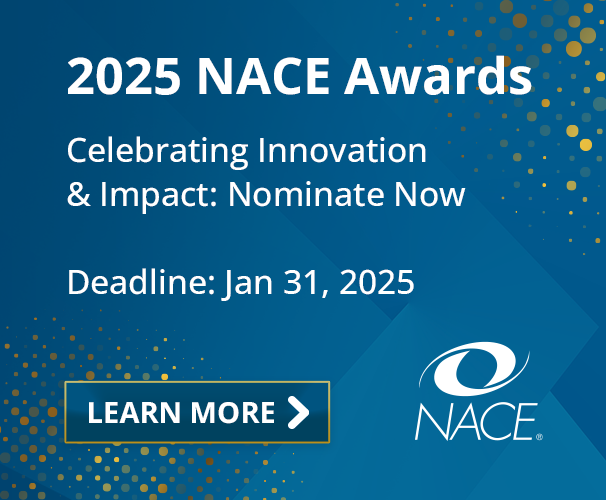Spotlight for Career Services Professionals
Yale University’s Office of Career Strategy is undertaking an aggressive personal outreach effort to graduating students who indicate they are “still seeking” on the university’s first-destination survey.
Yale is going forward with its first-destination survey, likely opening it in late April, says Jeanine Dames, Yale University’s director of the Office of Career Strategy and associate dean of Yale College.
Dames notes that the email announcing the survey will recognize the current situation regarding COVID-19 and remind students of available resources.
The career services team is adding two questions to its first-destination survey for 2020:
- “Did you have any employment offers impacted by the COVID-19 situation (such as a rescinded offer, delayed start date, or employment to begin as remote work)?” with a yes/no choice.
- “If yes, please explain how that offer was impacted” with a text box to answer.
As in other years, students who are still seeking will be reminded of key resources and to make an appointment.
“We are also going to let students know that if they indicate they are still seeking, they will receive a personal outreach from a career adviser,” Dames explains.
“On our first-destination survey, we ask our students the types of positions, industry, and function they are seeking. Our advisers will reach out to them and offer them insight and resources for the positions and industries they indicated and provide action steps for them to take.”
Dames says the career strategy office wants to not only know about rescinded offers, but also about delayed start dates and if students are beginning remotely.
“If we don’t have this information, we are not going to have an accurate overall picture of how employers are reacting in this situation,” she says.
This information will also assist Dames and her team as they guide students in their response. For example, students may be able to negotiate a deferred start date or take a short-term opportunity with the company until the market corrects.
Yale’s “secret weapon” in ensuring a robust knowledge rate has been access to its class list of contact information for the graduating class. Students who complete Yale’s first-destination survey are able to share their post-graduation email and contact information that is included on the list. Since the class list is password-protected, students have to fill out the first-destination survey to get access to the list as well.
“We usually get a response rate of more than 90 percent because students want that class list so badly,” Dames says.
“It will be interesting this year because either we are going to get an excellent response because students want the class list, especially with having to leave campus so early and suddenly, or the rate is going to dip because students forgot about [the class list].”
Dames says there are several reasons why it is important for career services operations to collect first-destination data, especially with the current state of the job market for new college graduates.
“First, without this data on a national level, we’re only going to have anecdotal information about how our students are affected,” Dames explains.
“We are only going to hear the stories from a few students and several employers. If we do not collect our own data, we are not going to know the impact on our student population, in particular. And if we don’t provide the data to NACE, we are not going to know the national impact.”
Dames points out that this lack of insight can harm decisions because career services offices can only support students effectively if the offices know precisely how the students are impacted.
“From an advising perspective, it is really important that we share what employers are doing,” Dames notes.
“The most important thing is to offer great advising and resources, and affirmatively reach out to students so you can show the university the data regarding who is impacted and what you are doing to help them. I think being silent can be really harmful to our profession because our institutions do not extensively follow every issue, but they expect us to be well informed about the issues in our areas.”
Dames offers several recommendations for first-destination survey collection:
- Do not be afraid of the data—Even if the news is not good, it is better to know it because then you can formulate a response and work with your students to help them formulate theirs.
- Do not get overwhelmed—It can be overwhelming for schools that have 20,000 graduating students, but you do not have to reach out to every single student.
- Use technology to help—For students who are still seeking, offer a drop-down on which they can choose the careers or industries in which they are interested. Then, send preset emails for the specific groups with tailored resources and encourage students to make an advising appointment for a more detailed conversation.
- Keep it short—Students should be able to fill out the survey in 10 minutes or less. Customize the survey to shorten it for groups of students for whom certain questions don’t apply.
Most importantly, Dames says, let your students know you are there for them in these uncertain times.
“It is better for students to hear from us and know that we are here to support them,” Dames says.
“The hardest thing for them is silence and thinking that they are in this by themselves. They are so grateful to hear from us and for our assistance during this situation.”







